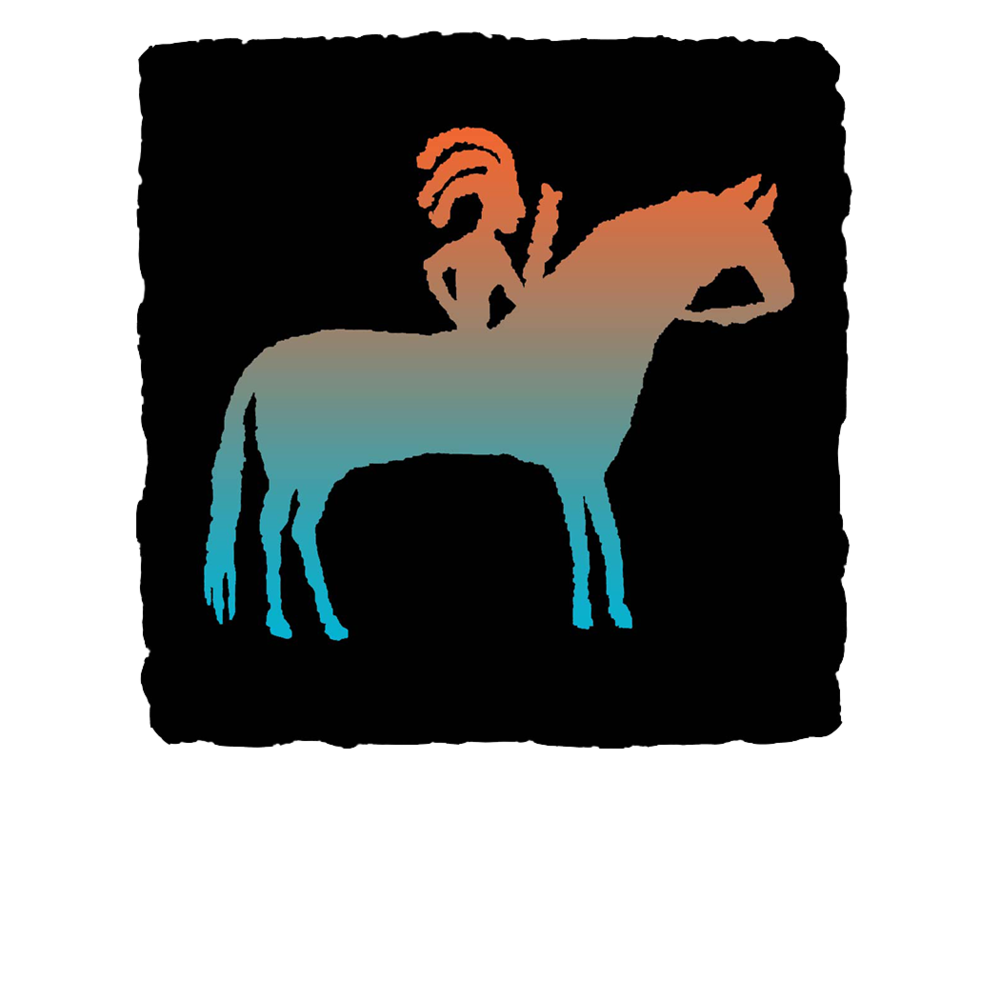Annie Dodge Wauneka (1910-1997): Activist and Legendary Mother of the Navajo
Annie Dodge Wauneka, born in 1910 into the Tse níjikíní (Cliff Dwelling People) Clan of the Navajo Tribe, [1] left a timeless legacy of achievement and empowerment for indigenous women and the Navajo people. As a young child, Annie was given a blended education where she was taught the history and culture of the Navajo as well as a general education from the government-run school on her reservation. When she was eight years old, a tragic event forever changed her life. A severe influenza epidemic struck and thousands of Navajos, including many of Wauneka’s classmates, perished. [2] Admits the adversity facing her and so many of her people, Annie cared for the sick and would help prepare food for those who could not feed themselves.
Along with her father, who was a leader on the reservation, Annie attended tribal council meetings and traveled the reservation with him across parts of Arizona, Colorado, New Mexico, and Utah. It was during her travels where she saw the poor living conditions and the harsh realities that disease had cast upon the Navajo people. Determined to help, Annie viewed education and leadership as the best way to improve the lives of her people and took it upon herself to create that necessary change. After earning a degree in public health from the University of Arizona, Annie ran for office of the Navajo Tribal Council and became the second woman elected to serve on the council. Annie would serve a total of seven terms while raising six children with her husband, George. In a later election, she would even beat her husband to keep her position! [4]
As a leader in her tribe, Annie would serve as the chair of the health committee, where she launched several campaigns to improve sanitary conditions, clean drinking water, alcoholism, and disease. [5] Because the Navajo language didn’t include translations for medical terminology, she created an English to Navajo medical dictionary to make healthcare more accessible and less intimidating to Navajo patients. [6] One of her most impressive accomplishments was her efforts to bridge the gap between government-run public health services and hataałii (Diné traditional healers) so these two groups could work together to improve the health and lives of the Navajo people.
Outside of the reservation, Annie also left an impressive legacy with her work on the national advisory boards of the U.S. Surgeon General and the U.S. Public Health Service. In 1963, Annie became the first Native American to receive the Presidential Medal of Freedom by President Lyndon B. Johnson and was inducted into the National Women’s Hall of Fame. In 1984, the Navajo council designated Annie “the Legendary Mother of the Navajo Nation” for her incredible dedication and life of service to the Navajo people. [7]
Blog by Kate Hodgson
References:
Watkins, Naomi, and Katherine Kitterman. “Annie Dodge Wauneka, Public Health Promoter.” Better Days Curriculum, May 6, 2019. https://www.utahwomenshistory.org/bios/annie-dodge-wauneka/.
“Wauneka, Annie Dodge.” National Women's Hall of Fame. Accessed May 15, 2021. https://www.womenofthehall.org/inductee/annie-dodge-wauneka/.

